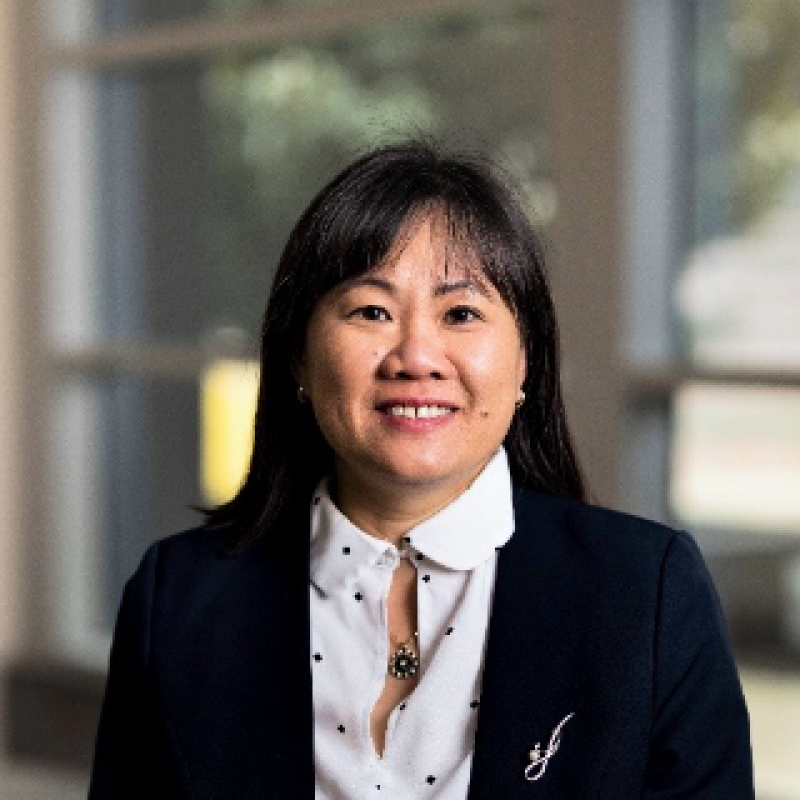Supervisors

- Position
- Lecturer
- Division / Faculty
- Faculty of Health

- Position
- Associate Professor
- Division / Faculty
- Faculty of Health
Overview
Acute wounds, including surgical wounds, such as orthopaedic wounds, account for about 40% of the total wounds. Generally, acute wounds are expected to progress through the normal sequential stages to achieve healing within a timely manner. However, the progression of wound healing in acute wounds is often affected by multiple factors, causing delayed healing. Infection is a leading contributor to delayed wound healing and prolonged hospitalisation in patients with wound/s. Surgical site infections (SSIs); classified as superficial wound infections, deep wound infections and organ or space SSI; creates a major challenge for patients, health professionals and the healthcare system which results in reduced patient quality of life, prolonged hospital stays and increased healthcare resources. In patients following weight-bearing joint replacement, surgery such as total knee replacement or total hip replacement have been shown to improve function and quality of life and be cost-effective for people with osteoarthritis. The rates of SSI are reported between 1.26% and 4.06% in people with joint replacements. The occurrence of SSIs brings a potential for complex reconstructive procedures and/or orthopaedic hardware failure/infections, which can lead to serious complications, such as prosthetic join infection, amputation, sepsis and mortality. While several risk factors have been validated to be significantly associated with an increased risk of developing infection in chronic wounds or acute wounds, little is known about risk factors associated with SSIs in adults following weight-bearing joint replacement. Thus, it is important to identify potential risk factors for SSIs and develop an accessible and feasible tool with a potential of incorporating it into clinical practice for early recognition of patients at high risk, minimising the potential complications of wound infection in this population group. The student would be involved in an interactive, three-round Delphi process to gain consensus agreement on risk items from expert participants with experiences in surgical wounds in adults post joint replacement. This study is a part of an existing project titled "Identifying consensus items for a data-driven infection risk assessment tool for surgical site infection following joint replacement" that was funded by the QUT Women in Research Grant 2023. |
Research engagement
The student will be involved in an interactive, three-round Delphi process to gain consensus agreement on risk items from expert participants with experiences in surgical wounds in adults post joint replacement.
Research activities
Research activities include:
- Data collection
- Analysing data collected from participants in this research study.
- Write up of results
- Contributing to and attending the Wound Research Advancement Group meetings and being involved in the larger research group
Outcomes
Expected outcomes from this project will be a list of items that can be used to develop an infection prediction model which may influence the research agenda for the prevention of surgical site infection. The student will deliver a short report and presentation to the wound care group on the outcomes from the project.
Skills and experience
Nil required, although experience in using Microsoft excel and understanding of SPSS would be beneficial.
Start date
1 November, 2024End date
21 February, 2025Location
The student will be provided with a desk and computer and access to resources for searching and reviewing the literature.
Additional information
Experiences in using Microsoft excel and understanding of SPSS would be beneficial.
Keywords
Contact
Dr Ut Bui - thiut.bui@qut.edu.au ph: 3138 3876